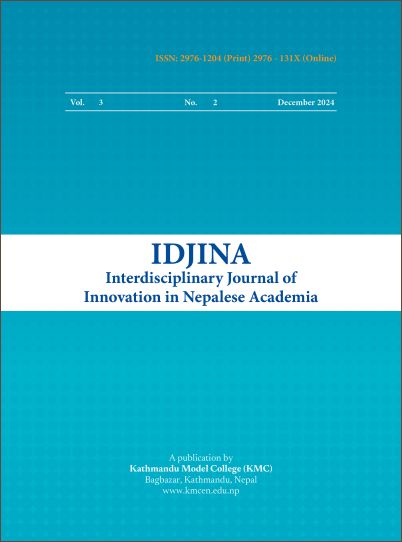Cognitive Dissonance in University Choice Among Graduate Students
Keywords:
Cognitive dissonance, consumer-organization identification, graduate students, perceived service quality, university choiceAbstract
In the context of higher education, students face a critical and often irreversible purchasing decision, leading to significant post-purchase evaluation and potential cognitive dissonance. This study investigates the impact of perceived service quality dimensions academic aspects, non-academic aspects, reputation, access, and program issues alongside consumer-organization identification on cognitive dissonance among graduate students. Employing an exploratory and descriptive research design, primary data were collected from 294 respondents through a structured questionnaire. The analysis utilized the Statistical Package for Social Science (SPSS), applying descriptive and inferential statistics, including correlation and regression analyses. Key findings indicate that all five dimensions of perceived service quality significantly negatively influence cognitive dissonance, with academic aspects exerting the most substantial effect. Furthermore, consumer-organization identification was found to have a greater impact on cognitive dissonance than overall perceived service quality. These insights underscore the importance of service quality in mitigating cognitive dissonance in university selection processes.
Downloads
Downloads
Published
How to Cite
Issue
Section
License

This work is licensed under a Creative Commons Attribution-NonCommercial-NoDerivatives 4.0 International License.
This license allows reusers to copy and distribute the material in any medium or format in unadapted form only, for noncommercial purposes only, and only so long as attribution is given to the creator.




